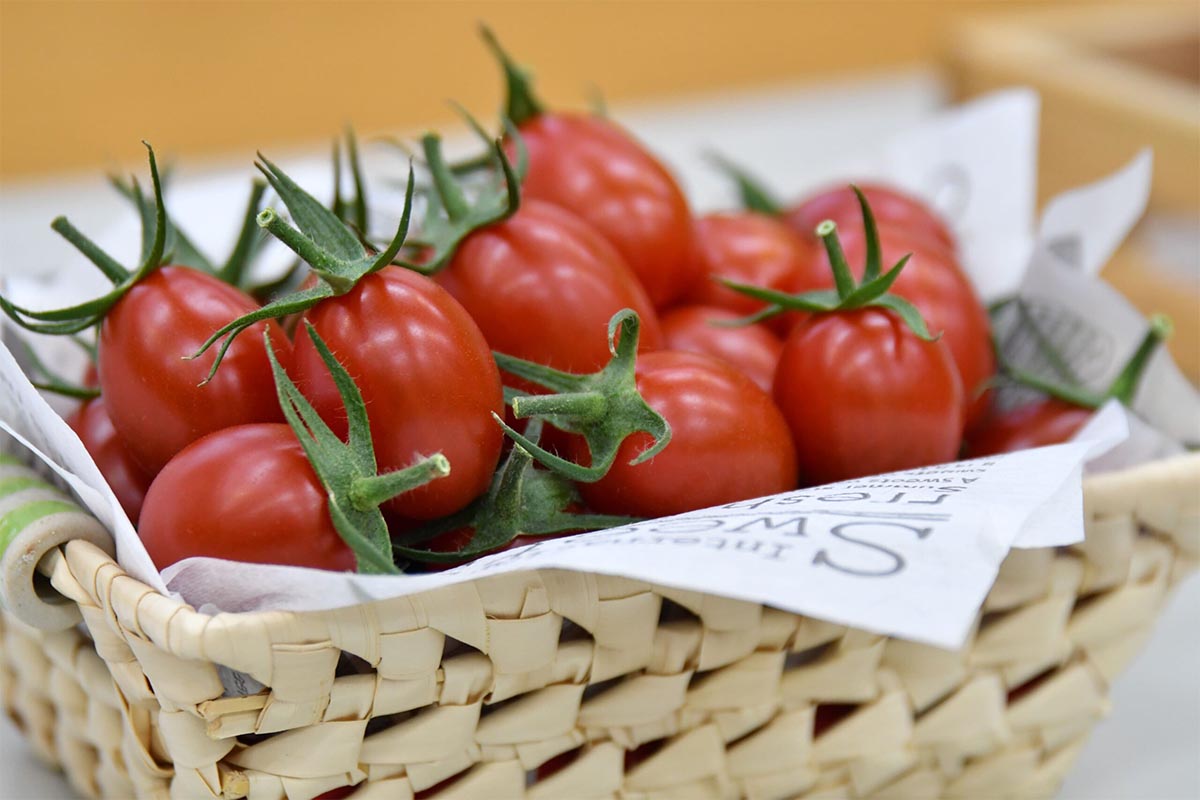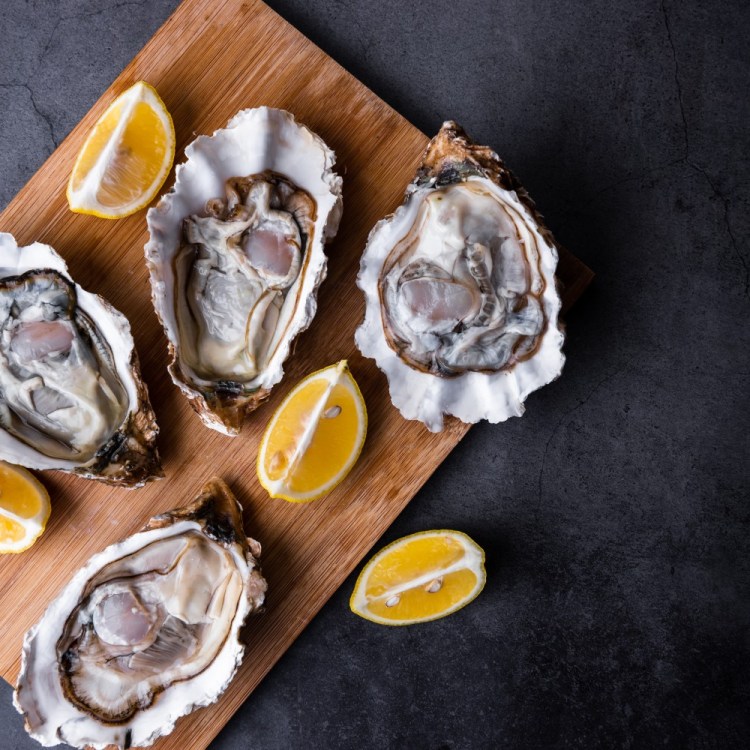Does this tomato taste … different?
Perhaps you’re munching on the Sicilian Rouge High GABA tomato, the first CRISPR gene-edited food to go on sale as of late September, according to New Scientist.
“We started shipping the tomatoes on September 17,” says Minako Sumiyoshi of Sanatech Seed, a Japanese start-up selling the tomatoes directly to consumers. She also calls the tomatoes a “significant milestone for CRISPR foods” and adds that demand for the tomatoes is “not too bad.”
While Jennifer Doudna, the co-inventor of CRISPR, has been critical of some aspects of gene editing — primarily as it applies to human genome editing — using the tech for food alteration seems to be meeting less resistance.
So, what exactly are Japanese consumers eating? These tomatoes actually started out as gene-edited seedlings that were purchased by over 4,200 farmers, which are now ripe enough to sell. As IFLScience points out, these modified tomatoes have reduced levels of an enzyme that breaks down Gamma aminobutyric acid (GABA), an inhibitory neurotransmitter. Result? Research suggests this now-increased level of GABA may have a calming effect on the body. And there might be more concrete evidence that GABA supplementation reduces high blood pressure.
IFL also notes that several foods we eat today have gone through gene alteration in some way and because these changes could have occurred naturally, these tomatoes are not considered genetically altered, at least in Japan. The use of CRISPR here “simply gives scientists far more control over which genes are introduced, silenced, or activated,” says the publication.
Expect other countries to follow suit: The U.K. government recently announced plans to relax regulations regarding gene-edited crops (as long as those crop gene edits follow similar “could have happened naturally or via traditional breeding methods” criteria). And geneticists and food producers have already been using CRISPR’s “molecular scissors” tech to try to develop everything from spicy tomatoes and naturally decaf coffee beans to hangover-free wine and hornless bulls.
Join America's Fastest Growing Spirits Newsletter THE SPILL. Unlock all the reviews, recipes and revelry — and get 15% off award-winning La Tierra de Acre Mezcal.
















